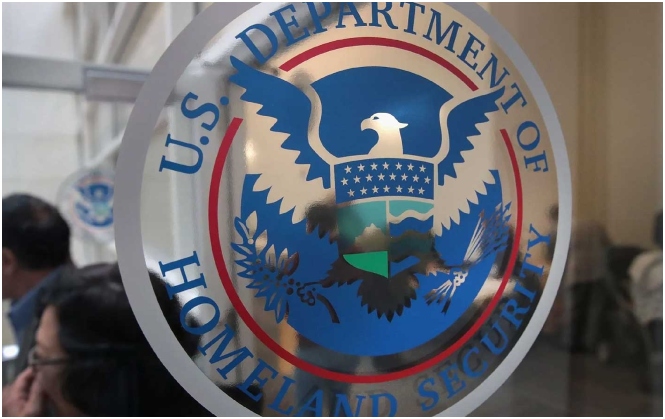In a significant legal development impacting thousands of Haitian nationals residing in the United States, the U.S. Citizenship and Immigration Services (USCIS) has updated its policy to reflect a federal court ruling that extends Temporary Protected Status (TPS) and related work permits for Haiti until February 3, 2026 — despite efforts by the Department of Homeland Security (DHS) to terminate the program earlier.
The update follows a July 15, 2025, decision by a federal judge in the U.S. District Court for the Eastern District of New York in the case Haitian Evangelical Clergy Association v. Trump, No. 25-cv-1464. The court blocked the Trump administration — specifically DHS Secretary Kristi Noem — from enforcing a planned early termination of TPS for Haiti, which had been slated to take effect on September 2, 2025.
The court’s decision effectively overrides the termination timeline announced earlier this month in the Federal Register (Termination of the Designation of Haiti for TPS, 90 Fed. Reg. 28760, July 1, 2025), and grants Haitian TPS beneficiaries an automatic extension of legal status and work authorization through early 2026.
“Haiti’s TPS designation and related benefits were slated to terminate on Sept. 2, 2025. However… the judge [has ruled] that the effective date of any termination [cannot be] earlier than Feb. 3, 2026,” the updated USCIS alert reads.
DHS Pushback Amid Supreme Court Precedent
Notably, the Department of Homeland Security responded to the decision with sharp disagreement, pointing out that it had recently prevailed in a similar case before the U.S. Supreme Court by an 8-1 margin — a legal victory that had seemingly cleared the path for TPS termination.
“The Department of Homeland Security vehemently disagrees with this ruling and is working to determine next steps,” the USCIS post stated.
The contradiction between the district court’s decision and the Supreme Court’s ruling underscores growing legal tensions surrounding the scope of judicial authority to delay or block DHS actions on humanitarian immigration programs.
Background: What Is TPS and Why Is Haiti Affected?
Temporary Protected Status (TPS) is a humanitarian program established under the Immigration Act of 1990 that allows nationals of designated countries to live and work legally in the United States when returning to their home countries is deemed unsafe due to armed conflict, environmental disasters, or extraordinary conditions.
Haiti’s TPS designation dates back to the aftermath of the devastating 2010 earthquake and has since been renewed or extended multiple times in response to political unrest, natural disasters, and deteriorating security conditions.
However, following a statutory review of conditions in Haiti, Secretary Noem concluded that the country “no longer meets the conditions” for TPS designation — a controversial determination given Haiti’s continued instability, gang violence, and political collapse.
Legal Significance of HECA v. Trump
The case brought by the Haitian Evangelical Clergy Association challenges the DHS decision on both procedural and humanitarian grounds. Plaintiffs argued that prematurely terminating TPS for Haiti would cause undue harm to Haitian nationals who have lived legally in the U.S. for years, many of whom are deeply integrated into American communities.
Though the ruling applies only to Haiti, it could influence pending litigation and executive actions regarding TPS for other countries such as Venezuela, El Salvador, and Nicaragua.
Immigration advocates hailed the decision as a temporary reprieve for over 50,000 Haitian TPS holders, who were facing uncertainty over their legal status and employment eligibility.
What This Means for TPS Holders
For now, Haitian nationals who hold TPS status can lawfully remain in the United States and continue working through at least February 3, 2026. USCIS has confirmed that no reapplication is necessary at this time due to the automatic extension.
Still, the legal landscape remains volatile, with DHS signaling it may appeal the district court’s ruling or pursue other legal mechanisms to expedite the termination.

